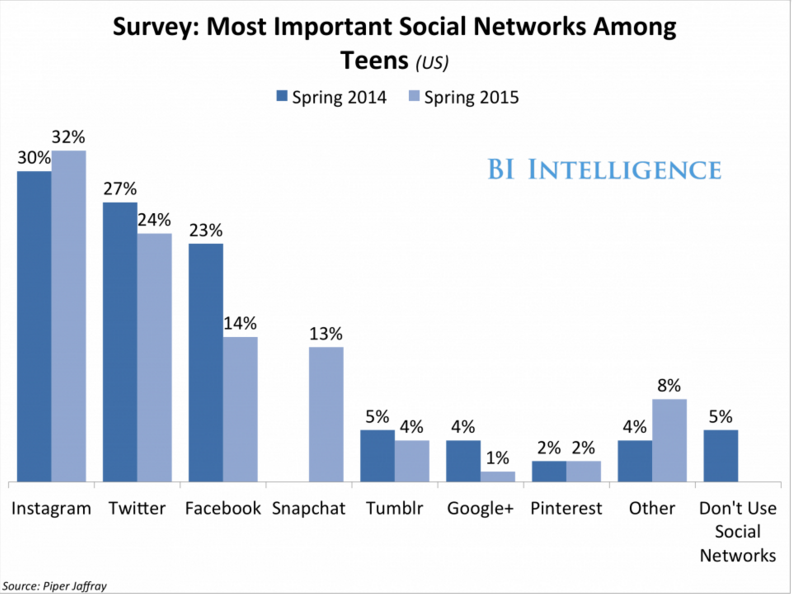A couple times a year I get to demo a product that totally blows me away. This week on T3 that product is Universum! Okay, let’s first get out of the way they Universum uses an underscore in the Twitter name which is a kiss of death in marketing! I have to let this go, because what they have is so industry changing, this might be the only mistake they’ve made along the way!
Universum is an employer branding digital research company. What the hell is that? Basically, they measure both sides of employment branding. What candidates want and expect from employers, and what you and your competition is actually doing. All of this information runs on a platform they call “Iris”. It was originally built in conjunction with 12 of the largest employer brands in the world, and they leverage data from 3,000 universities worldwide, over 2000 individual employer brands and 55 countries.
This is a product that is used by large companies who have an employment branding function within HR or a dedicated social media role in HR or as part of a larger social team. After going through the demo, I can’t imagine any large organization not utilizing this tool. In fact, I would question the capabilities of the leadership and CMO that didn’t use this tool. The data insight and direction Iris gives you is simply a competitive advantage over those not using it!
5 Things I really like about Universum:
1. Universum has figured out the science behind social. Right now most organizations still hire under-experienced marketing pros, or HR grads who think they know social, to run their employment branding and have them basically test crap out and see what sticks. Iris will show you exactly what works and what doesn’t work in your branding.
2. Universum will show you what your competition is doing that is working really well. Competitive data is the holy grail of what HR can provide strategically to an organization. This one product will elevate your practice, strategically, like no other technology I’ve seen in HR or Talent.
3. Iris can give you exact insight to what content and language you should be using to attract specific talent to your organization. Most employment branding is one message, way too broad. Iris lets you build specific branding tailored to the exact talent your organization is struggling to find.
4. Iris helps you create great content by showing you what is working, with what audiences, and in which countries. Truly a global company, that will give you global views about how branding needs to change based on which locations you’re trying to get talent. They have over 1.3 million pieces of content curated in their platform and growing. No inspiration needed.
5. Universum is an Employer Branding Spy Tool! Probably the coolest feature of Universum is its ability to show you exactly what and how your competition is leveraging their employment brand, and exactly how you can beat them for the same talent!
Universum is an employment branding activation technology. Most of us either have a nonexistent employment brand or a brand that is basically on life support. Universum does more that just give you knowledge, they show you step-by-step how to activate and win your industry with your employment brand.
As I mentioned at the beginning this is a product for large companies. Probably Fortune 2000 types, or organizations that have dedicated employment branding folks on staff in their HR shop. The cost is fairly reasonable. When they told me the price point, I was surprised, I would have paid way more for what I was getting.
Check them out, I guarantee a demo Universum/Iris won’t disappoint!
T3 – Talent Tech Tuesday – is a weekly series here at The Project to educate and inform everyone who stops by on a daily/weekly basis on some great recruiting and sourcing technologies that are on the market. None of the companies who I highlight are paying me for this promotion. There are so many really cool things going on in the tech space and I wanted to educate myself and share what I find. If you want to be on T3 – send me a note.

